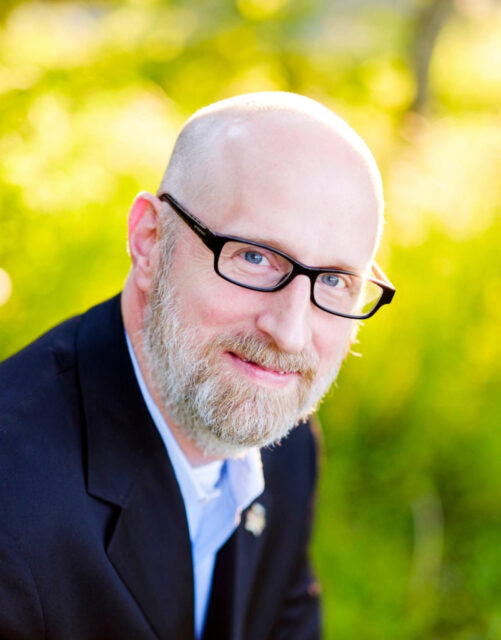(RNS) — Mea culpa, but I’m happy David French is now writing a column for The New York Times. French, for those of you who don’t know, is one of a handful of conservative evangelical Jeremiahs (including the late Michael Gerson and Peter Wehner, himself a contributing writer to the Times) who have inveighed against the moral and political corruption of contemporary white evangelicalism.
But yes, French is a lawyer who in the past worked for the American Center for Law and Justice and the Alliance Defending Freedom, Christian legal outfits dedicated to helping conservatives evade LGBTQ anti-discrimination laws on religious grounds. In 2017 he was one of a host of evangelical bigs who signed the Nashville Statement, which claimed it is “sinful to approve of homosexual immorality or transgenderism and that such approval constitutes an essential departure from Christian faithfulness and witness.”
Last October, French both-sided it by equating Texas Governor Greg Abbott’s directive to conduct child abuse investigations of parents who arrange gender-transitioning treatment for their children with California’s new law giving transgender youth a right to gender-affirming care without their parents’ knowledge or consent.
Under the circumstances, it’s hardly surprising the Times’ announcement of French’s hiring drew outraged complaints from the LGBTQ community. Calling it “appalling,” Sarah Kate Ellis, president of GLAAD (“the world’s largest lesbian, gay, bisexual, transgender, and queer (LGBTQ) media advocacy organization”) issued a statement cataloguing French’s “anti-LGBTQ activism.”
What came at French from the left, however, pales before what he’s gotten from the right. When he and his wife adopted a Black girl, for example, they were, as Esther O’Reilly put it a couple of years ago in an essay on the Patheos Evangelical channel, “deluged with verbal abuse, vile memes, and even death threats.” In O’Reilly’s view, this helps explain French’s evolution from conservative culture warrior to critic of conservative orthodoxy in the Trump era.
The latter role was epitomized in an exchange French had with current culture warrior Sohrab Ahmari in a debate at Catholic University in 2019. French, the lawyer, defended “drag queen story hours” at public libraries on constitutional grounds. Ahmari would have none of it. As Benjamin Wallace-Wells reported in The New Yorker:
“So you would undermine viewpoint neutrality in First Amendment jurisprudence?” French asked. “Yeah, I would,” Ahmari said. French raised his arms in exasperation. “That’s a disaster, y’all!”
It’s precisely French’s steadfast commitment to the classical liberal ideal of government as neutral guarantor of free expression and association that the new conservative intellectuals have abandoned. In the words of the illiberal Rod Dreher, “The problem is that the principles he stands on often — not always, but often — were formed during a time when classical liberalism was still defensible, because the center in American politics was more or less holding.”
I’m old enough to remember the days when student radicals used Herbert Marcuse’s concept of “repressive tolerance” as an excuse for opposing the free expression of views they didn’t like. No doubt it survives in latter-day assaults on free expression from the left, not least on college and university campuses.
Shots across the aisle are one thing, though — and both sides are very good at that — but if we’re going to compare the left’s intolerance to the anti-wokism of the right, let’s factor internal pushback into the equation. Where, on the right, has there been anything comparable to the widespread protest from academics against Hamline University’s firing of an art history teacher for showing a classic Muslim painting of Muhammad? Or the letter from a large number of New York Times journalists pushing back against their own union for supporting criticism of the paper’s trans coverage?
That’s why it’s important to have a prophet without honor among his own kin writing in the Times. In his first column, published earlier this month, French wrote,
Any time my tribe or my allies are under fire, before I yield to the temptation of a reflexive defense, I should apply my principles and carefully consider the most uncomfortable of thoughts: My opponents might be right, my allies might be wrong and justice may require that I change my mind. And it may, in all likelihood, require that I do this again and again.
I’d say this was meant as a response to his critics on the left. I’m going to try to take it to heart myself.






